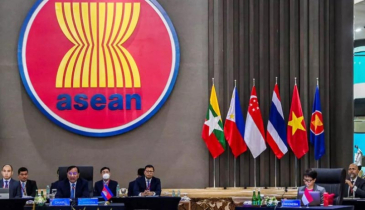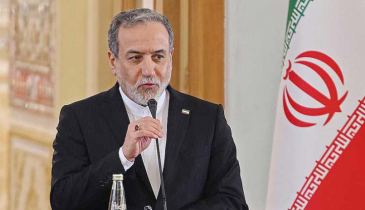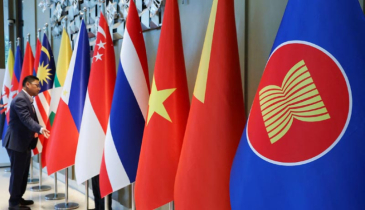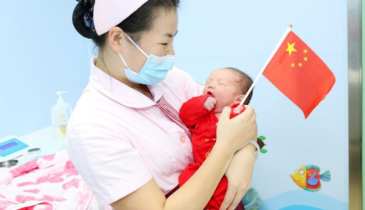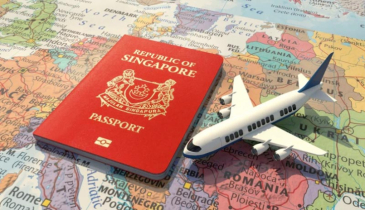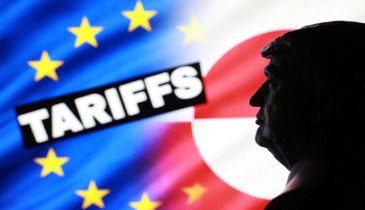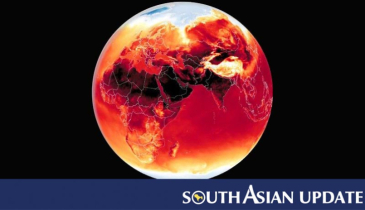G7 voices concern over China's rapid nuclear expansion
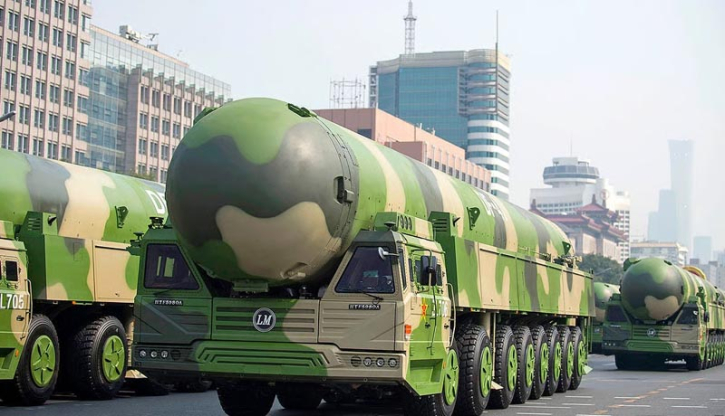
The Group of Seven (G7) nations has voiced serious concerns over China’s accelerating nuclear weapons development, warning that the buildup is taking place with little transparency and without adequate safeguards to prevent the risk of miscalculation or accidental escalation.
In a joint statement released on Wednesday, the G7 Non-Proliferation Directors Group—which brings together Canada, France, Germany, Italy, Japan, the United Kingdom, the United States, and the European Union—said the world is facing “an increasingly unpredictable security environment.” The forum emphasized that progress on arms control and disarmament would only be possible through “sustained engagement and mutual understanding” among all nuclear-capable states.
The statement highlighted that alongside growing geopolitical tensions, the expansion of nuclear arsenals poses a direct challenge to decades of international efforts aimed at limiting weapons of mass destruction. Western officials have long accused Beijing of attempting to double or even triple its nuclear stockpile in the coming decade, which many analysts say could trigger a new arms race in Asia.
Beyond weapons development, the G7 also addressed the rising global demand for civilian nuclear energy. Members pledged to cooperate in ensuring that nuclear programs worldwide strictly follow the highest international standards for safety, security, and safeguards, overseen by the International Atomic Energy Agency (IAEA).
Reaffirming their commitment to non-proliferation, the G7 underscored their “principled opposition” to the spread of nuclear weapons, saying such actions threaten international peace and stability.
The statement also turned to the Middle East, reiterating that Iran “must never develop or acquire a nuclear weapon.” The G7 urged Tehran to resume talks on a “comprehensive, verifiable, and durable agreement” addressing its nuclear program and to immediately restore full cooperation with the IAEA.
The appeal comes at a sensitive time. Last month, Iranian President Masoud Pezeshkian signed legislation halting cooperation with the IAEA after a series of Israeli and US strikes on Iranian nuclear facilities in June. The move has further heightened concerns in Washington and European capitals that Tehran may accelerate its nuclear enrichment efforts.
.png)


